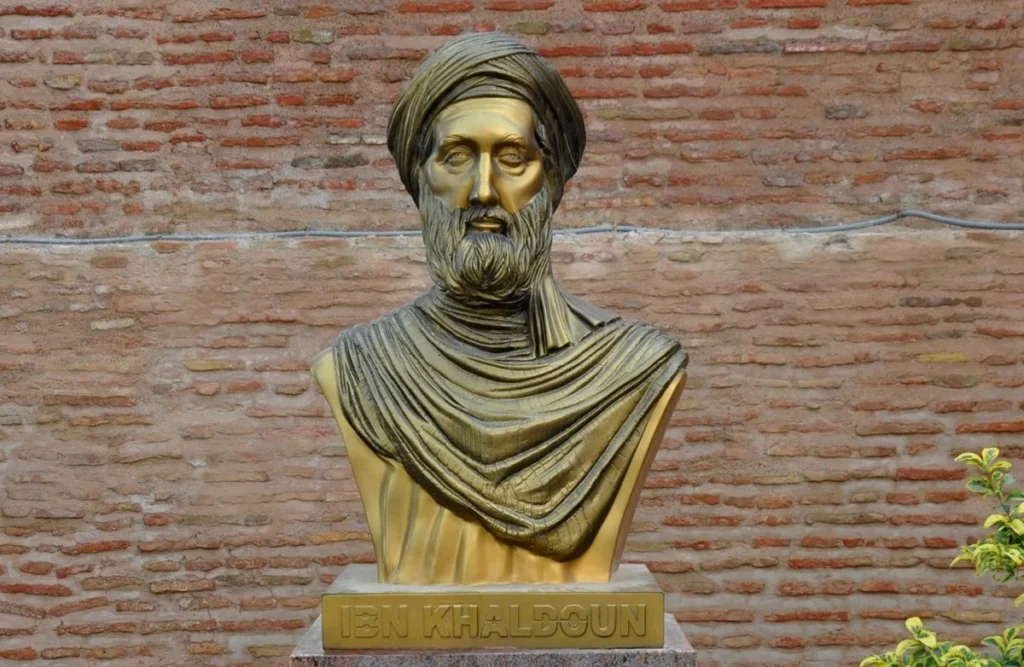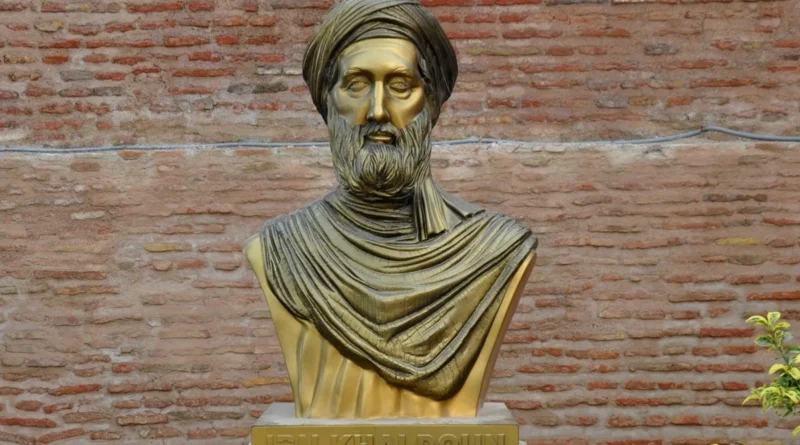The Power of Imagination in Shaping Perceptions: A Critical Analysis of Western Colonialism and Orientalism

Western Colonialism and Orientalism
Western Colonialism and Orientalism
Ibn Khaldun says: The conquered is fond of imitating the victor and more. Rather, the vanquished imitates the imagination of the victor on him,as if the victor carves the vanquished with his imagination, a European invades an African country and calls its people black in comparison to himself.
It is as if whiteness is the original condition of humanity, so the people of the invaded country call themselves black,
following and conforming to the invader’s perception of them. Implicitly among them is that the white is the principle against which he is measured, strives for and learns from. So the defeated adopts his defeat and overcomes himself by himself.
And you find this in all aspects of relationships, between the dominant and the dominated in politics, arts, literature, and social relations.
It includes the acceptance of the dominated to call the country that the dominant draws its borders a homeland.
Dominance and subjugation
In the styles of clothing and fashion to the forms of the relationship between men and women. Many Western orientalists in the nineteenth century imagined women in our country in two styles. They are either ghosts covered from head to toe in black clothes, or half-naked dancers in the harems of rulers and sultans. We know that from the paintings of painters The French during the French campaign against Egypt,
and then they painted the free women in the wings of the harem,
then the dancers and the ghazi in the streets, although most of them .
The artists never left their ateliers in Paris, nor did they visit our country. They did not see an Arab or Ottoman woman in a street or a house. What they painted was the imagination of victorious men on behalf of the women of the conquered nations.
Perception and imagination
Imagine the desired spoils of war as the thief desires, none of them were veiled or forbidden. He fights against any obstacles until they become available, and if any of them were unavailable,
they would be longed for and wished for.It is a vision that can be summarized in the imagining of many Western filmmakers in the early twentieth century of the costume of the belly dancer,
so that they would have a strange mixture between the two-piece western swimsuit and the burqa,
which they would see with an eye of desire and an eye of curiosity in which permissibility and abstinence,
revealing and veiling together, needless to say that this costume was not dead Reality has a connection until we in the East quoted it from them, adopting their imagination about us,
and that is what Joseph Marie Moire, an officer who fought with Napoleon in his campaign against Egypt and the Levant,
wrote in his memoirs.
Colonialism and imperialism
He says that women in our country in general are not the type that attracts the attention of the French officer because they wander in their wine He does not see what he likes from them except that he devotes a few pages of his diaries to telling the story of a slave girl from the Caucasus who he claimed was owned by a Turkish-Egyptian merchant. His The slave girl not only captures the attention of the Frenchman,
but she also becomes his obsession and obsession sees her beauty in all,
and that she is the woman as it should be.Then the officer tells of course that the slave girl falls in love with him and asks him to take her with him to France when he returns, but he refuses in pain and returns broken-hearted.
The whole story is fictional, so that his readers will pity him. The officer said that he used to meet the beautiful slave girl every day because her master begged him to teach her French and he was not afraid of those who knew the least bit about our country and its customs in the late eighteenth century that strange men would not enter the sanctuary unless they were children who had not reached puberty or servants without heads.
Western Colonialism and Orientalism
Or time, and if a teacher of sound limbs enters them, he is not without them, so how about a soldier who invades the country, and the owner of the house begs him to enter his harem?
Rather, we know from the documents of the French and the Ottomans and from Abd al-Rahman al-Jabarti,
the historian of that time and the witness to it, that the women who used to deal with the soldiers of the campaign and al-Jabarti called them famous women to distinguish them from their paths, were receiving severe punishment that amounted to killing in the first and second Cairo revolutions against the invasion for their simplicity.
Cultural appropriation
Moire, that concubine, invented it and made her a lusty, imprisoned woman that he needed to free her,
mixing between two fantasies of the romantic, revolutionary French nationalism that sees itself as a force to liberate the world
and the oldest fantasy of the Crusader knights in Frankish epics since the Middle Ages,
rescuing the princess imprisoned in the tower.
Western Colonialism and Orientalism
I say that Moire invented the concubine just as Napoleon invented the concept of an Egyptian nation.
It is neither Arab nor Muslim. Rather, it is Pharaonic, even though nine-tenths of its members speak Arabic and profess Islam. Napoleon invented it in his first publication, which was distributed in Alexandria on the eve of his landing of his soldiers there to invade it,
claiming that the Mamluks and Ottomans are foreigners occupying the country and that he came to liberate it from them.
The first times the term Egyptian nation was used as a political concept was in the era A For a hadeeth,
and that imaginary nation was itself a tool of the occupation of the country,
just as Moarih invented that girl who he claimed fell in love with him, so he transformed with the power of a capable one from a conqueror to a liberator. Therefore, the independence of the country begins with the independence of the imagination

